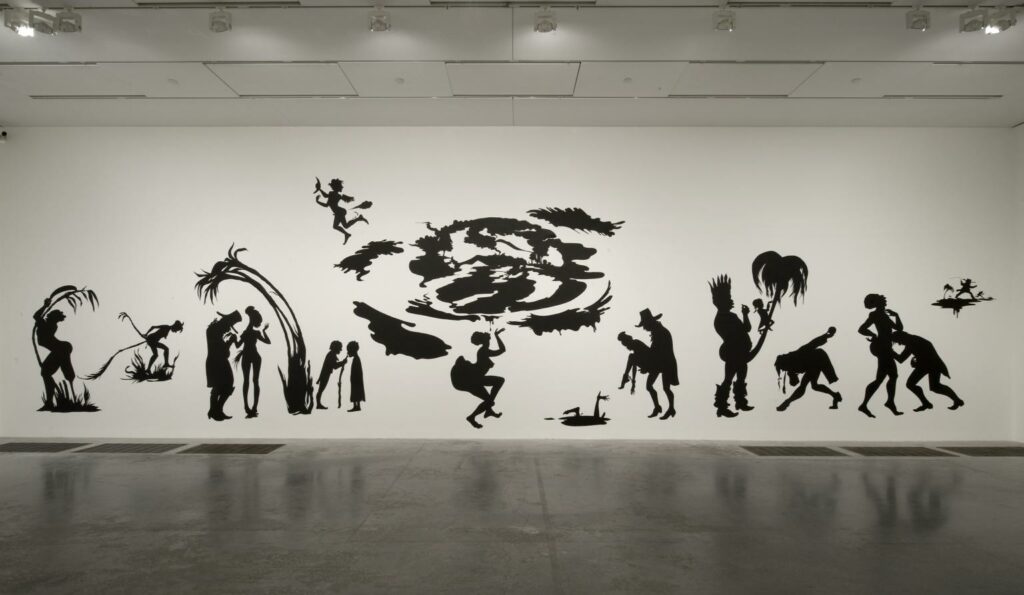
“In America, it was the slaveholders who got restitution, not the people whose lives and wages were stolen from them for twelve generations.”
Isabel Wilkerson, Caste: The Origins of Our Disconents
Recently, the Connecticut legislature debated, yet again, a bill to establish no fault eviction protections, this time for residents of mobile manufactured home parks. In an exchange between a tenants’ rights advocate and a Senator, who is also a landlord, the Senator suggested that preventing no fault evictions is akin to slavery, because it is “taking the labor of others against their will.” The Senator went on to say “this [no fault eviction protection] is the same thing” as slavery, which apparently is no more than exploitation of labor power. Nothing about people owning people, nothing about people turning other human beings into beings less than human, nothing about extraordinary cruelty and violence. Just a violation of property rights. This is the same thing.
This Senator, in Connecticut, echoed the sentiments of an attorney, in California, who specializes in residential and commercial eviction of tenants. In a discussion of eviction controls, in Los Angeles, the attorney noted, “In the City of Los Angeles, regardless of the status of the property, there is a prohibition against no fault eviction … which is a little bit of state imposed slavery.” The attorney then goes on to explain that the owner who wants to go out of business, simply wants to close down, can’t, because of the prohibition, and that’s slavery, “forced labor”. Again, from sea to shining sea, the reduction of slavery to theft of labor is a trope for those who argue against any abridgement of their “property rights”, which have magically been transformed into labor rights. A specter haunts the United States, and that spectre is … the landlord.
The comment in California was made in 2022. The comment in Connecticut was made in 2024. What is to be made of the use, and abuse, of slavery in these, and I’m sure other, instances? On one hand, it speaks to the unspeakable that is regularly spoken among Whites Only gatherings, even if not everyone in the room is White. That is, it’s ok to say that any abridgement of one’s power is a form of slavery because, really, slavery wasn’t all that bad. It wasn’t torture, murder, sexual violence and more. It was only taking a bit more than one should have, and really, that’s the worker’s fault, isn’t it? If they were more cunning, better equipped for the “real world”, more … well … more like “us”, they wouldn’t have been made to suffer.
But it speaks as well to the difficulties of developing equitable and just housing policies in a country where slavery founded all notions of “right to property” and hence of both right and property: “Slavery cannot be dismissed as an unfortunate flaw in an otherwise perfect cloth. It would be closer to the truth to say that slavery provided the fabric out of which the cloth was made.” Yes, there is a housing shortage, yes, mortgage rates are higher and there are other elements contributing to the precariousness of renters’ lives. But at heart, a fundamental issue is the power landlords arrogate unto themselves in the name of history, in the name even of ethics and all that is good and right in the world, that is, in the name of property. So, the next time someone in power explains what slavery really was, pay close attention.
(By Dan Moshenberg)
(Image Credit: Kara Walker, Grub for Sharks: A Concession to the Negro Populace / Tate Museum)